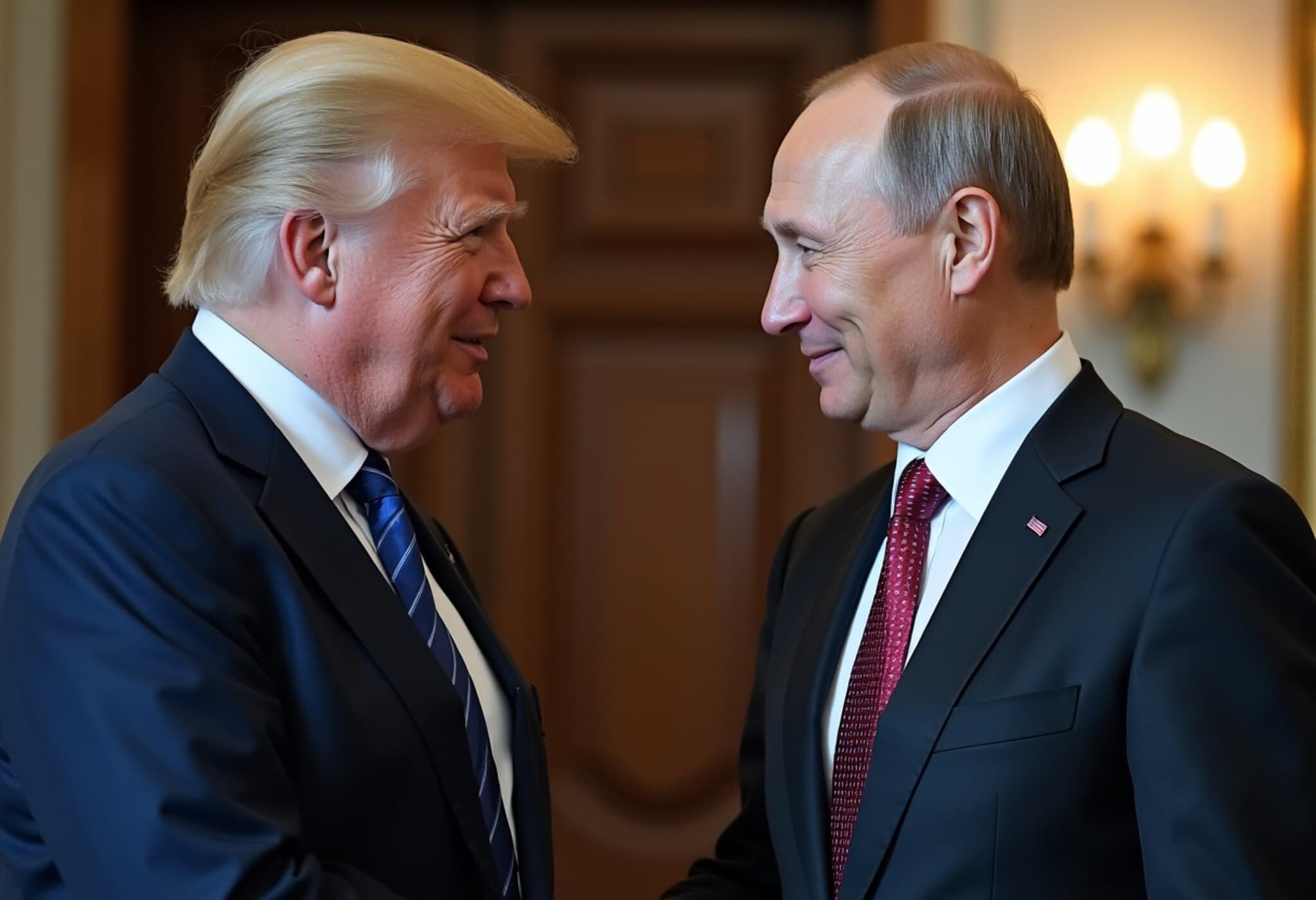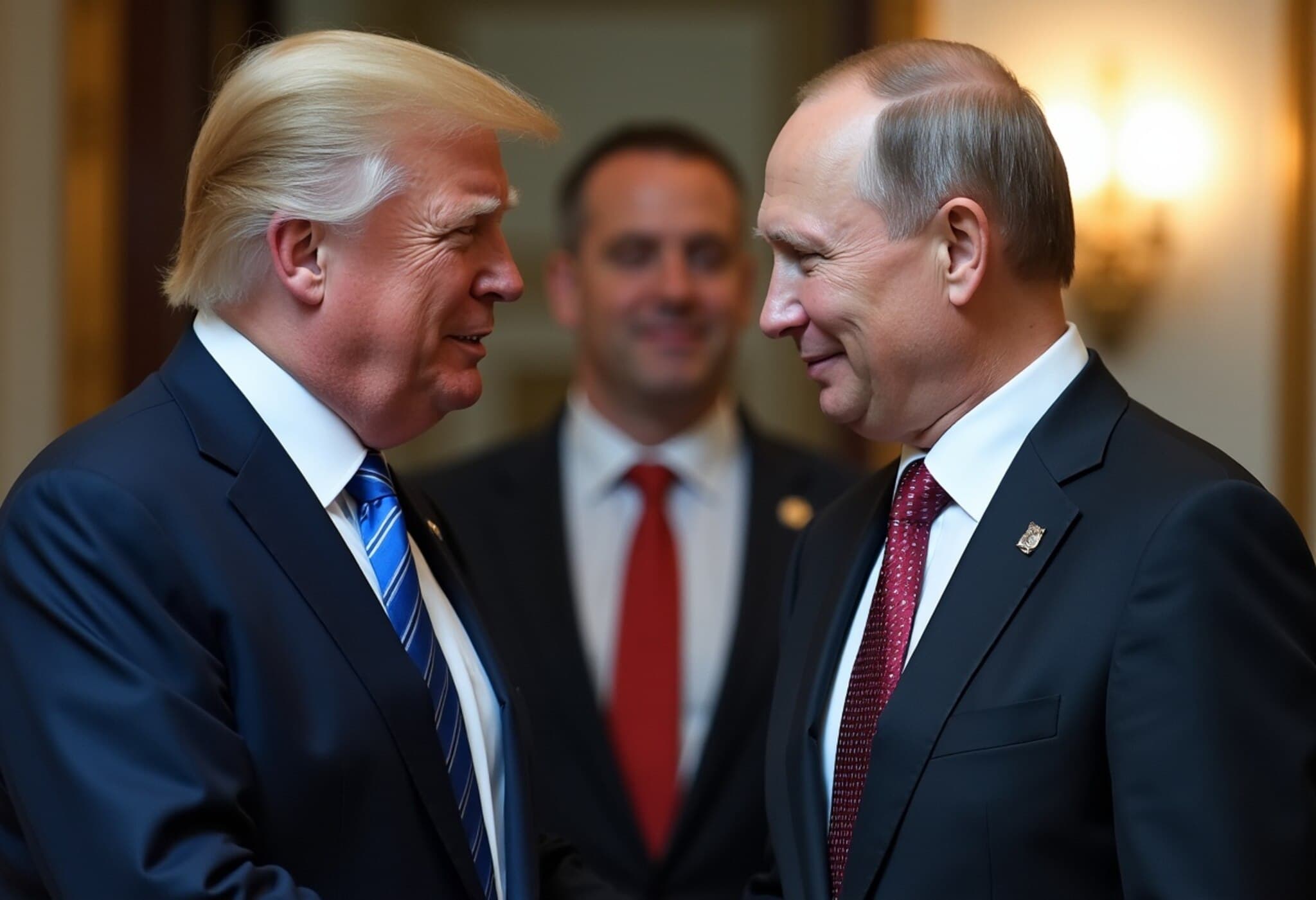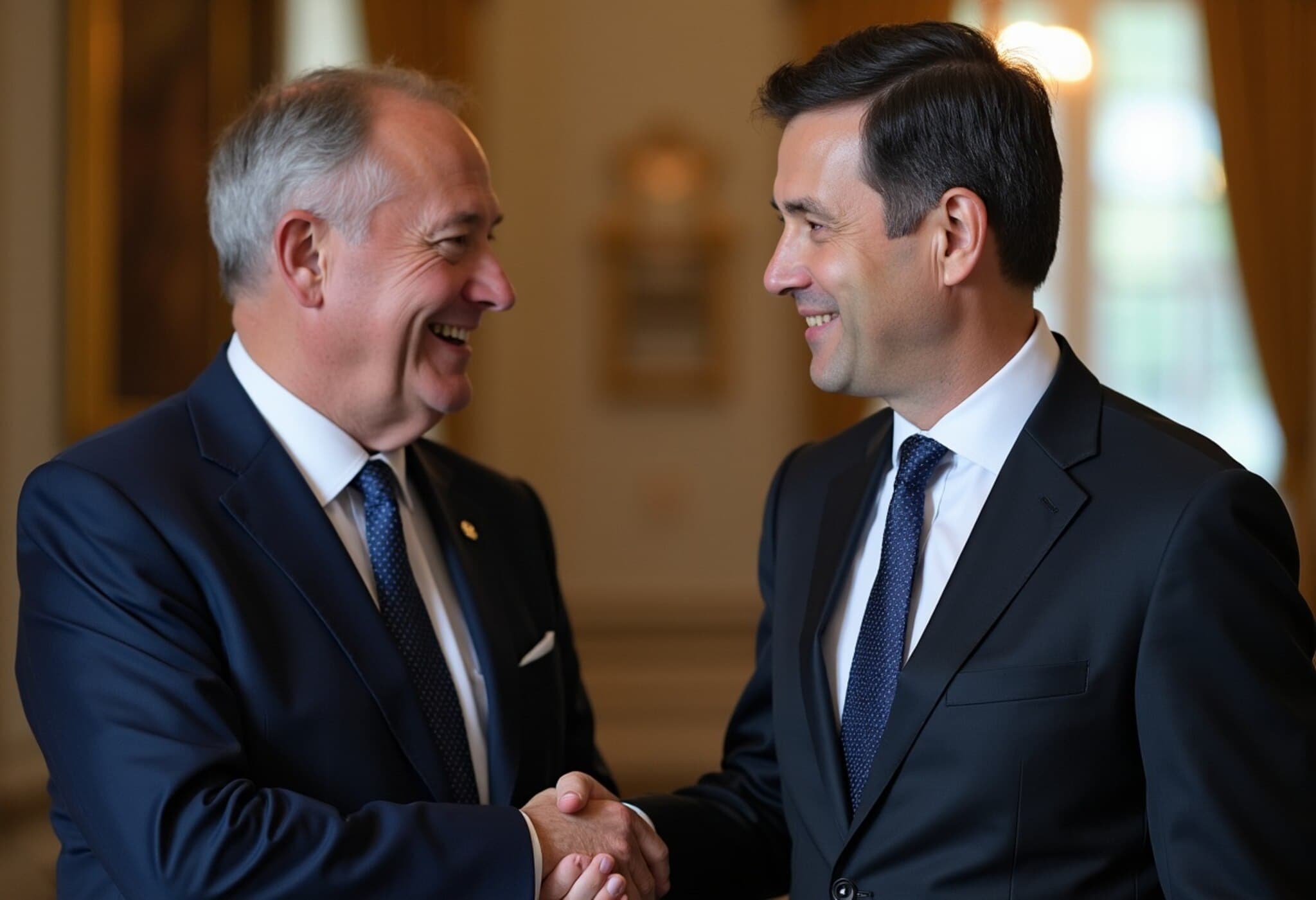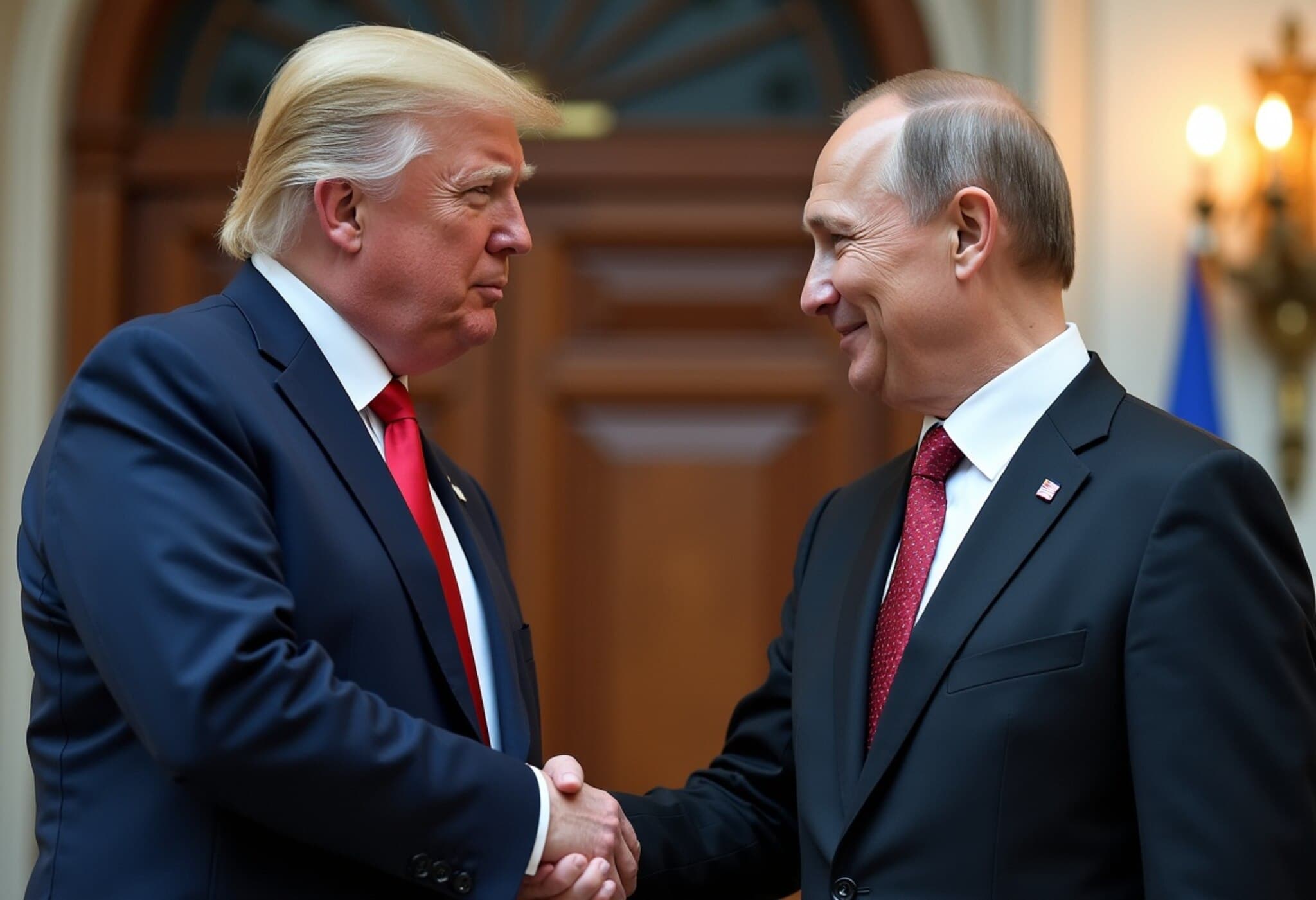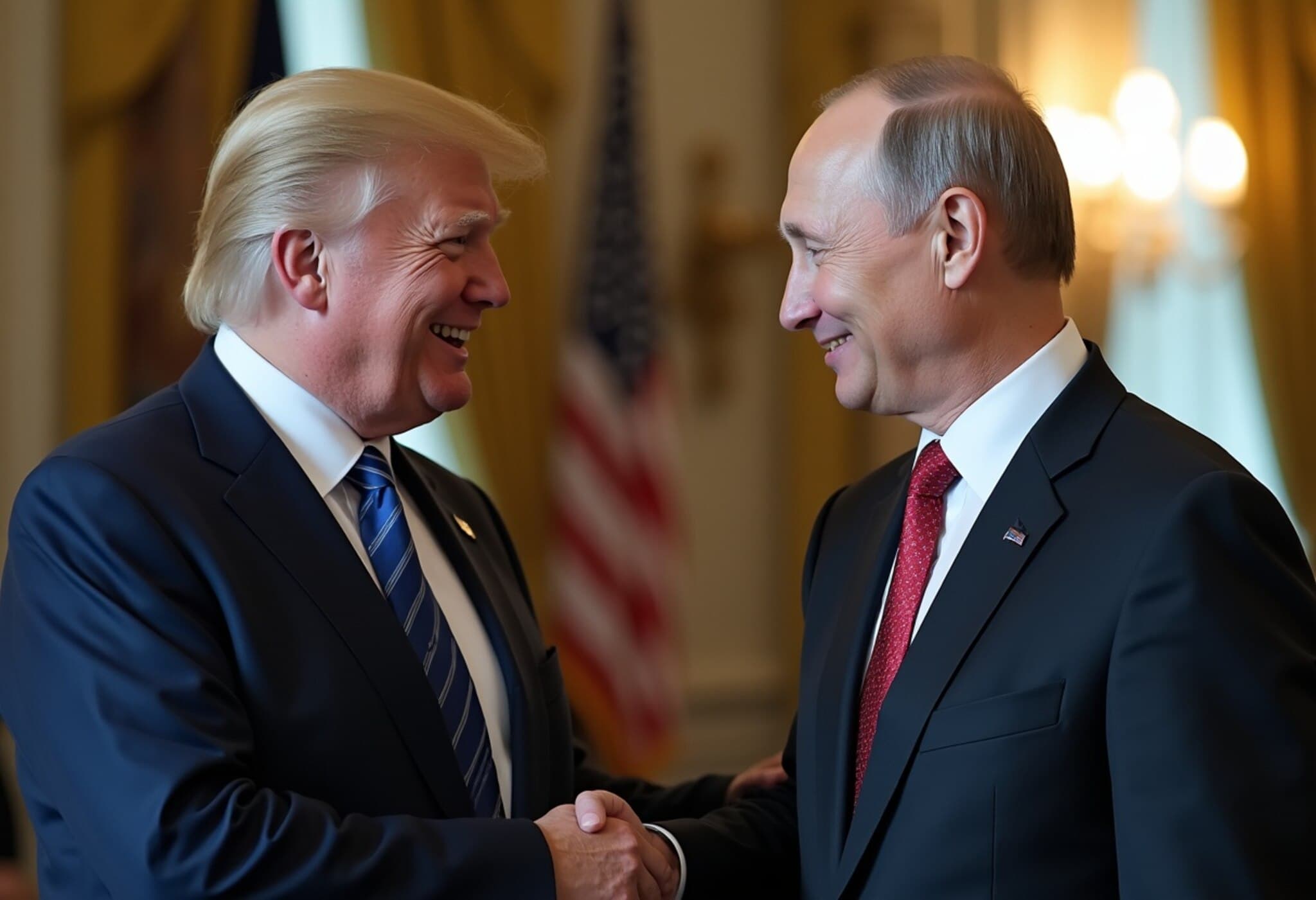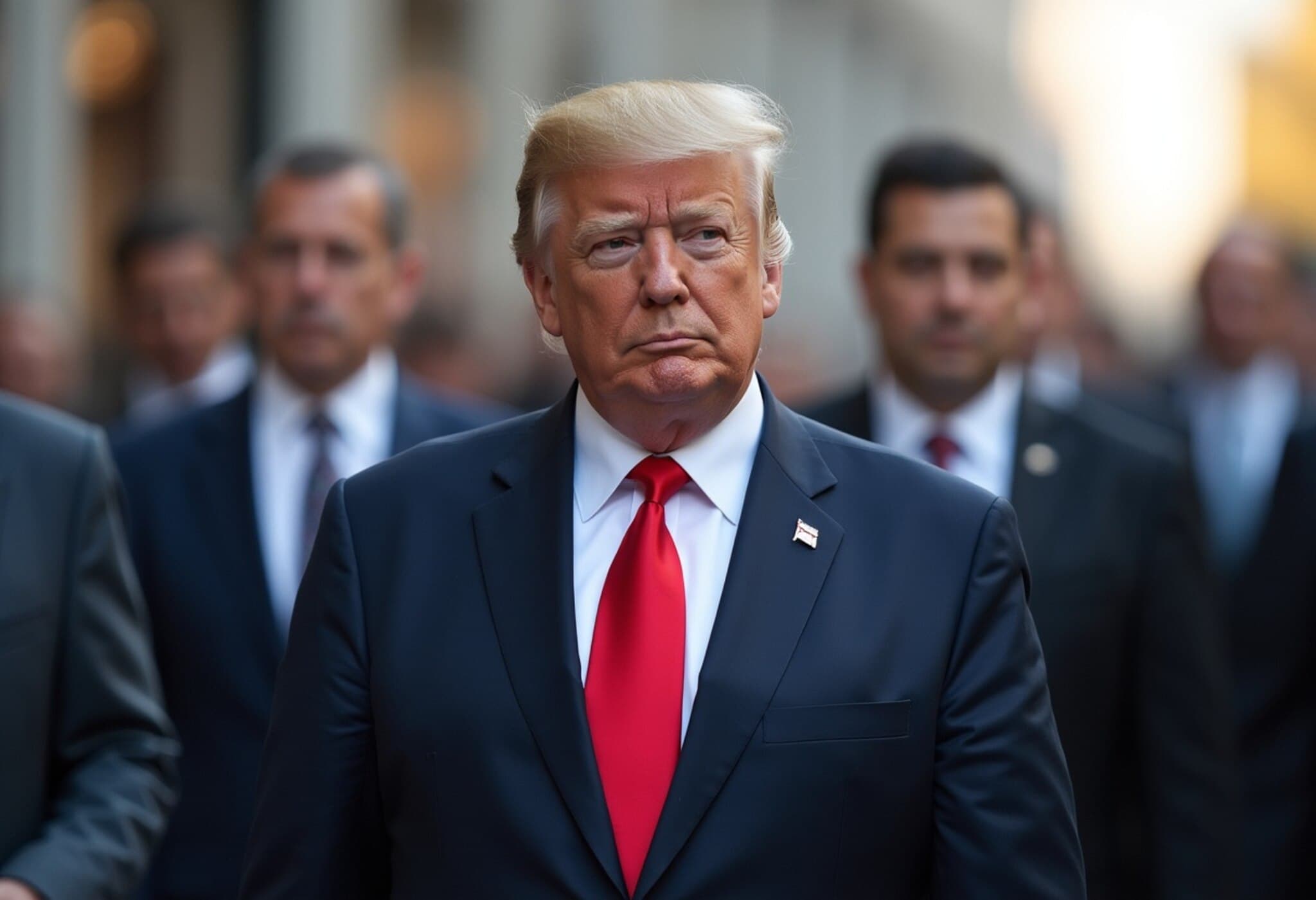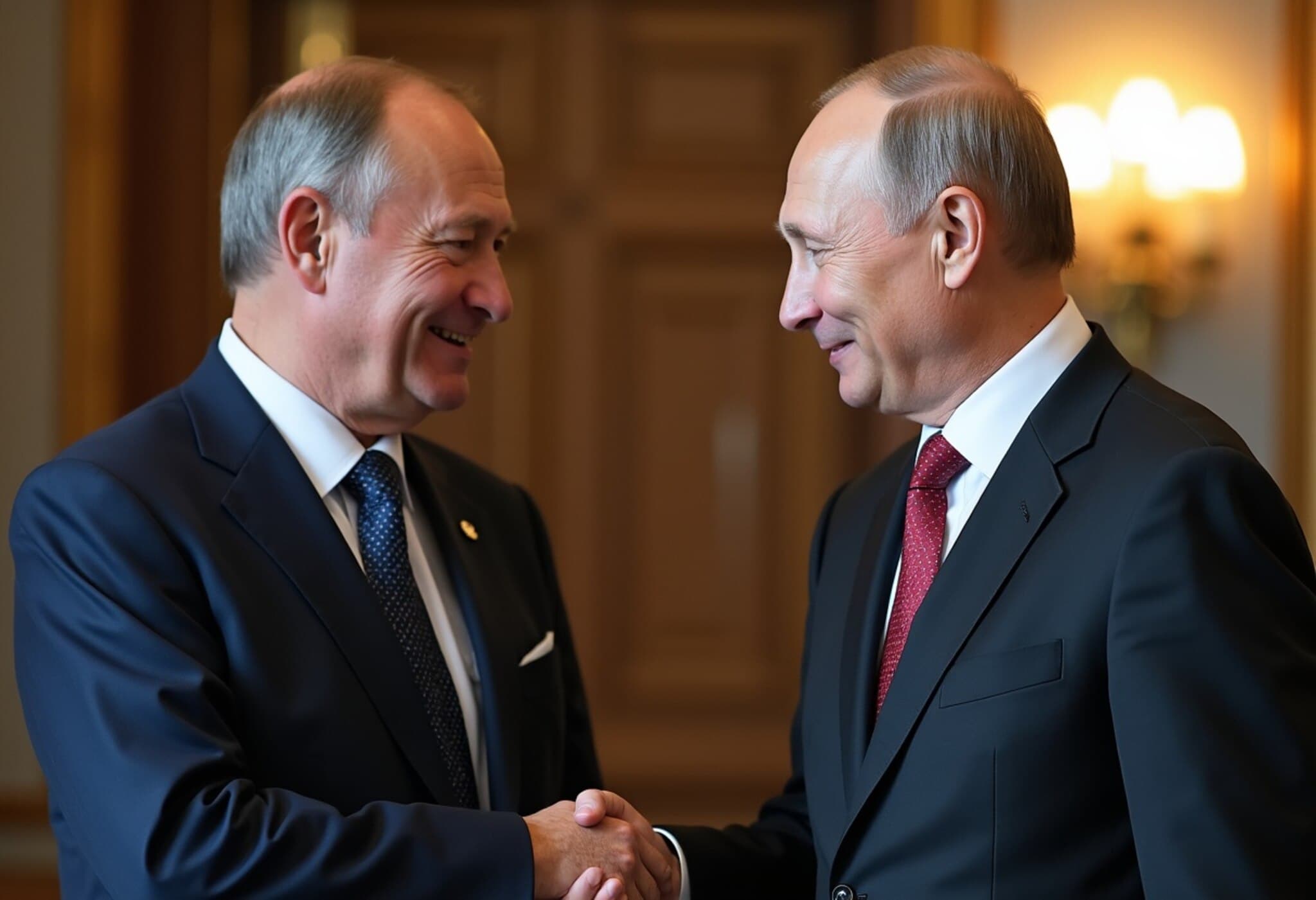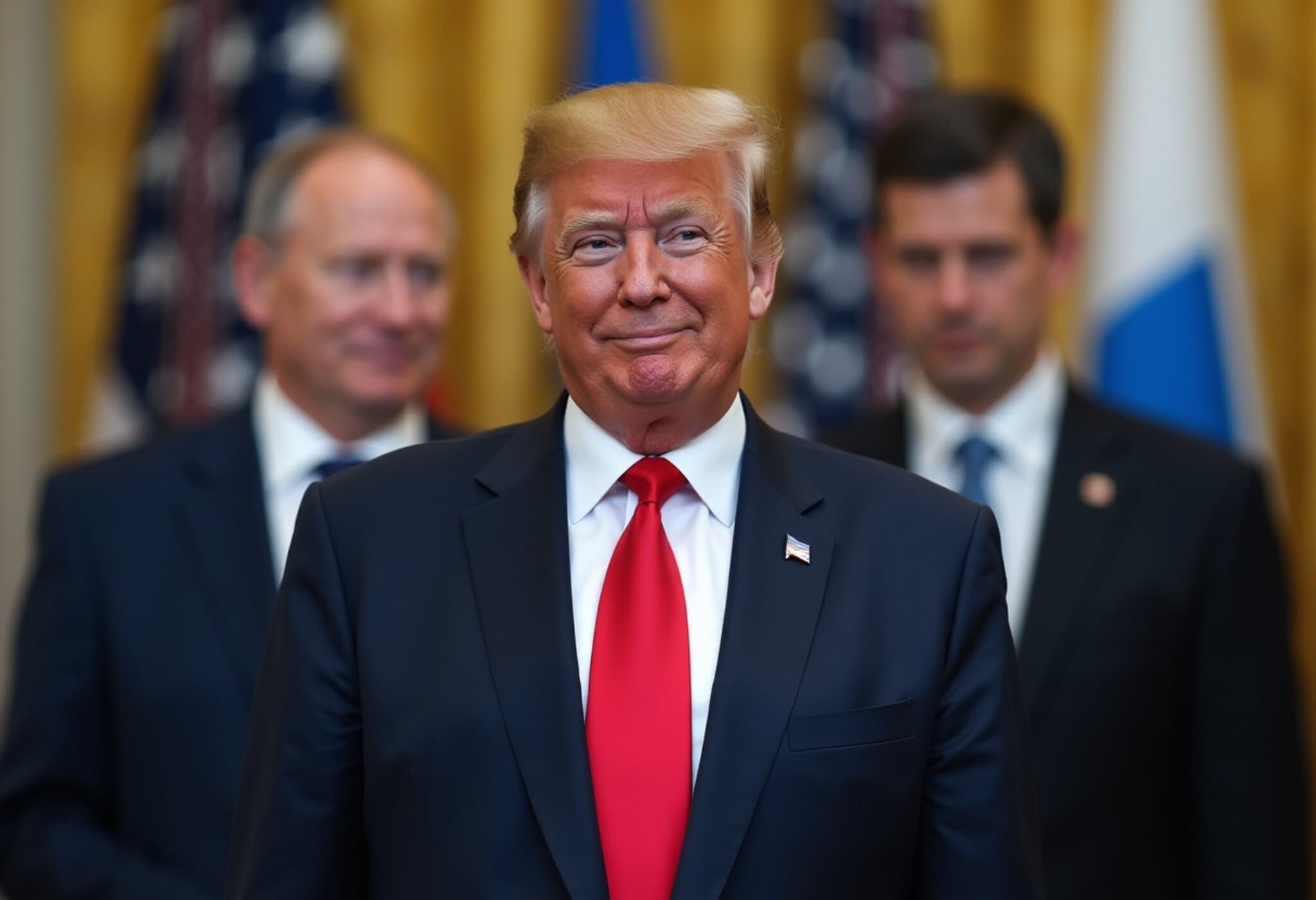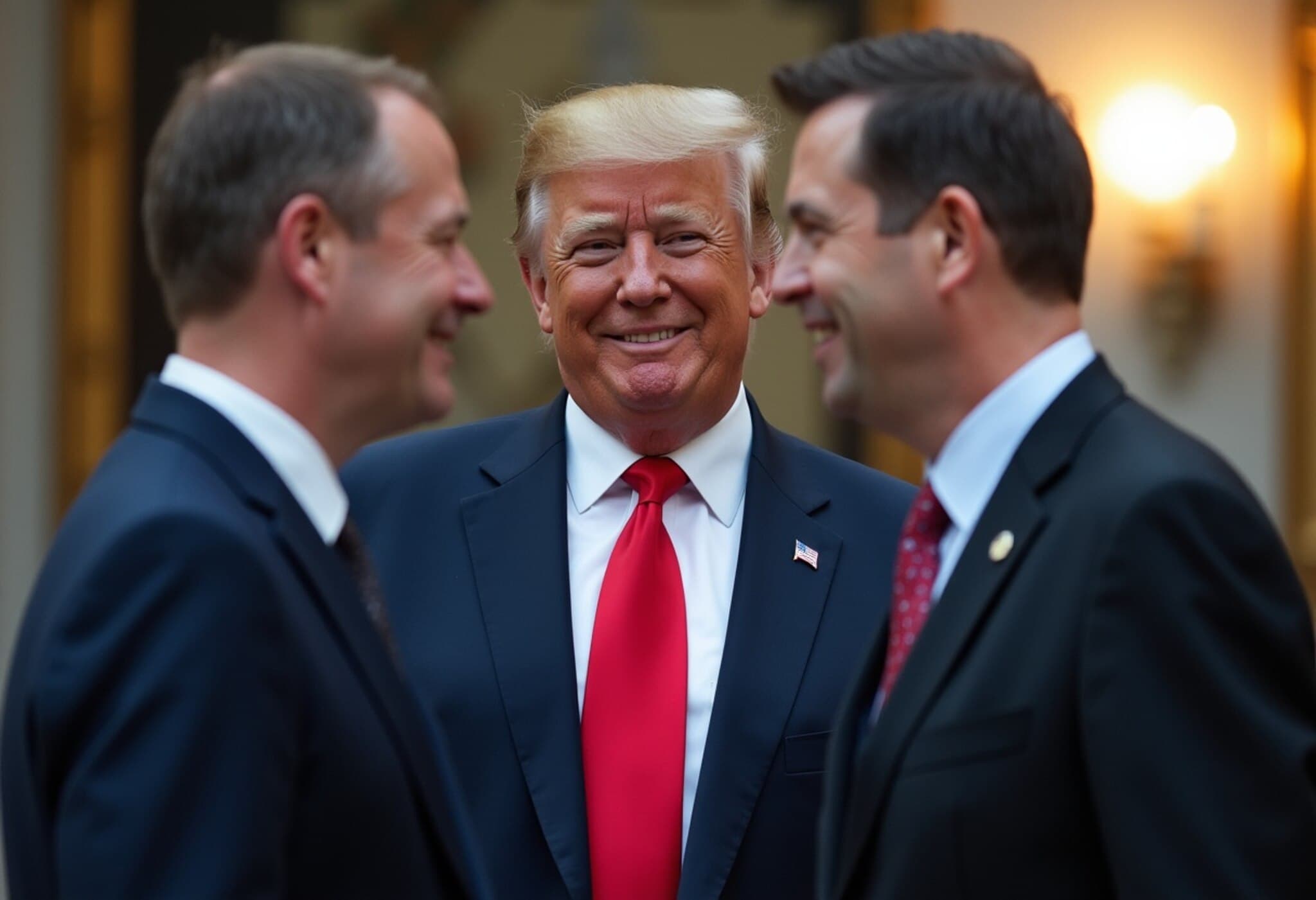Europe Voices Deep Concern Amid Translation Mishap in US-Russia Ukraine Negotiations
As US President Donald Trump prepares for a high-profile meeting with Russian President Vladimir Putin, European leaders are raising urgent alarms about the unfolding peace discussions focused on Ukraine. A recent translation misunderstanding involving Trump’s special envoy, Steve Witkoff, has intensified skepticism in Europe regarding the accuracy and seriousness of US diplomacy in this critical conflict.
Translation Error Sparks Diplomatic Unease
The crux of the controversy lies in a reported linguistic misinterpretation during last week's Moscow talks. According to the German newspaper Bild, Witkoff mistakenly believed that Russia was proposing a “peaceful withdrawal” from the Ukrainian territories of Kherson and Zaporizhzhia. In reality, Russian President Putin was demanding the withdrawal of Ukrainian forces from these areas, signaling a push for formal Russian control.
This gaffe has sent ripples through European capitals, where officials warn it undermines confidence in the US’s grasp of Russian intentions and complicates efforts to craft a balanced peace settlement that respects Ukrainian sovereignty.
European Leaders Demand Inclusion of Ukraine and Regional Stakeholders
In a united front, the leaders of eight Baltic and Nordic countries—Denmark, Estonia, Finland, Iceland, Latvia, Lithuania, Norway, and Sweden—issued a firm declaration emphasizing the non-negotiable role of Ukraine and Europe in any peace process. Their statement underscored three essential principles:
- Ceasefire as a prerequisite: Negotiations cannot proceed without halting active combat.
- Ukrainian sovereignty: The people of Ukraine must decide their future without external imposition.
- European security interests: Any deal must safeguard the stability and integrity of the broader European region.
These views were echoed by major European powers and the European Commission president Ursula von der Leyen, reaffirming the continent’s demand for a peace agreement that uplifts, rather than undermines, Ukraine’s security.
Ukrainian President Zelensky’s Stake in the Process
President Volodymyr Zelensky has been clear about Ukraine’s position: willing to discuss a ceasefire but steadfastly opposed to ceding territory forcibly claimed by Russia. Zelensky’s insistence on a direct voice in upcoming talks reflects broader strategic concerns about sovereignty and legitimacy in any negotiated outcome.
U.S. Signals Mixed Intentions Amid Complex Diplomacy
While the White House maintains openness to trilateral discussions involving both Russia and Ukraine, initial plans focus on a bilateral US-Russia summit in Alaska. This approach has drawn criticism for sidestepping Ukraine’s direct participation.
Vice President JD Vance remarked candidly on Fox News that any settlement would likely leave all parties dissatisfied, highlighting the inherent complexities in reconciling divergent interests. His comments indicate a pragmatic recognition of the difficult path ahead.
The Broader Geopolitical Context
Russia’s annexation attempts encompass Crimea and several eastern Ukrainian regions, with control varying across territories. The legacy of post-World War II realpolitik, where the West pragmatically accepted Soviet control of the Baltic States without legal recognition, looms as a historical parallel. This analogy underscores the delicate balance between acknowledging realities on the ground and upholding international law and principles of sovereignty.
European and NATO Reactions
EU foreign ministers plan to convene promptly to chart next steps, with EU foreign policy chief Kaja Kallas emphasizing the United States’ pivotal role in compelling Russia toward genuine negotiations. NATO Secretary General Mark Rutte echoed this sentiment, describing the upcoming summit as a litmus test of Putin’s commitment to ending the conflict.
Both leaders reiterated that any acceptable peace deal must exclude formal legal recognition of Russian claims over Ukrainian land, despite possible practical acceptance of some de facto situations.
Expert Insight: The Stakes Are Monumental
This evolving diplomatic episode illustrates the treacherous intersection of communication errors, competing geopolitical interests, and the fraught quest for peace in one of the 21st century’s most volatile conflicts. The reported translation blunder is not merely a linguistic mishap but a symbol of the broader challenges facing global peacemaking efforts—from ensuring all voices are heard to accurately interpreting intentions behind closed-door negotiations.
For American policymakers, this situation fuels debate over the efficacy of relying on envoys without deep regional expertise, especially when stakes involve European and global security. It also raises pressing questions about the role of the US as a mediator—whether Washington can or should lead talks that inevitably impact key allies and partners.
What Lies Ahead?
- Upcoming Summit Outcomes: The Alaska meeting will reveal whether Putin is serious about peace or leveraging talks as a strategical pause.
- Ukraine’s Role: Ensuring Ukraine’s meaningful participation remains a critical demand from Europe and international stakeholders.
- EU and NATO Coordination: Unity among European and transatlantic partners will shape the pressure applied on Moscow.
- Communication Precision: The need for careful, accurate diplomatic dialogue is paramount to avoid misunderstandings that could derail progress.
Editor’s Note
This delicate moment in international diplomacy reveals not just the challenges of conflict resolution but the vital importance of nuanced communication and inclusive negotiation processes. The reported translation error serves as a cautionary tale: in high-stakes diplomacy, precision is power. As Europe stands watchful, the world awaits clarity on whether peace talks will herald a breakthrough or deepen divisions. Observers should ask—can the US reconcile its mediator role with the demands of its European allies and the aspirations of Ukraine? How will future diplomatic efforts adapt to the complex realities on the ground?

